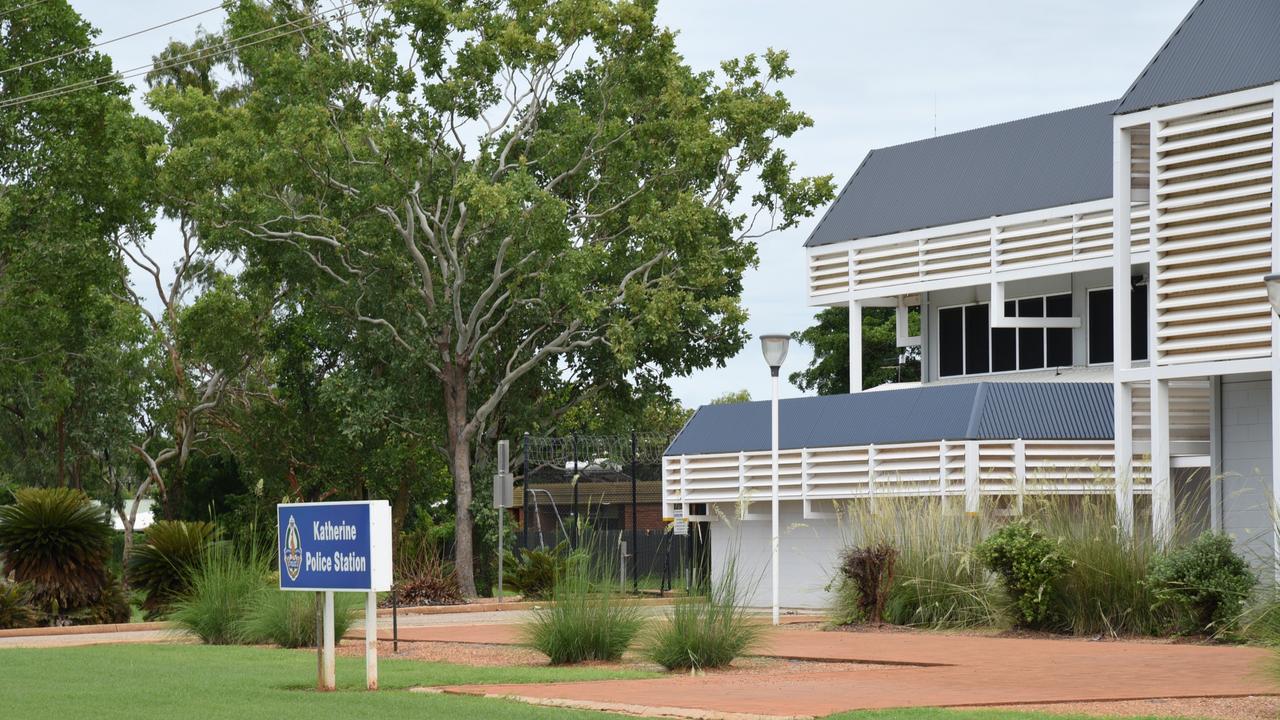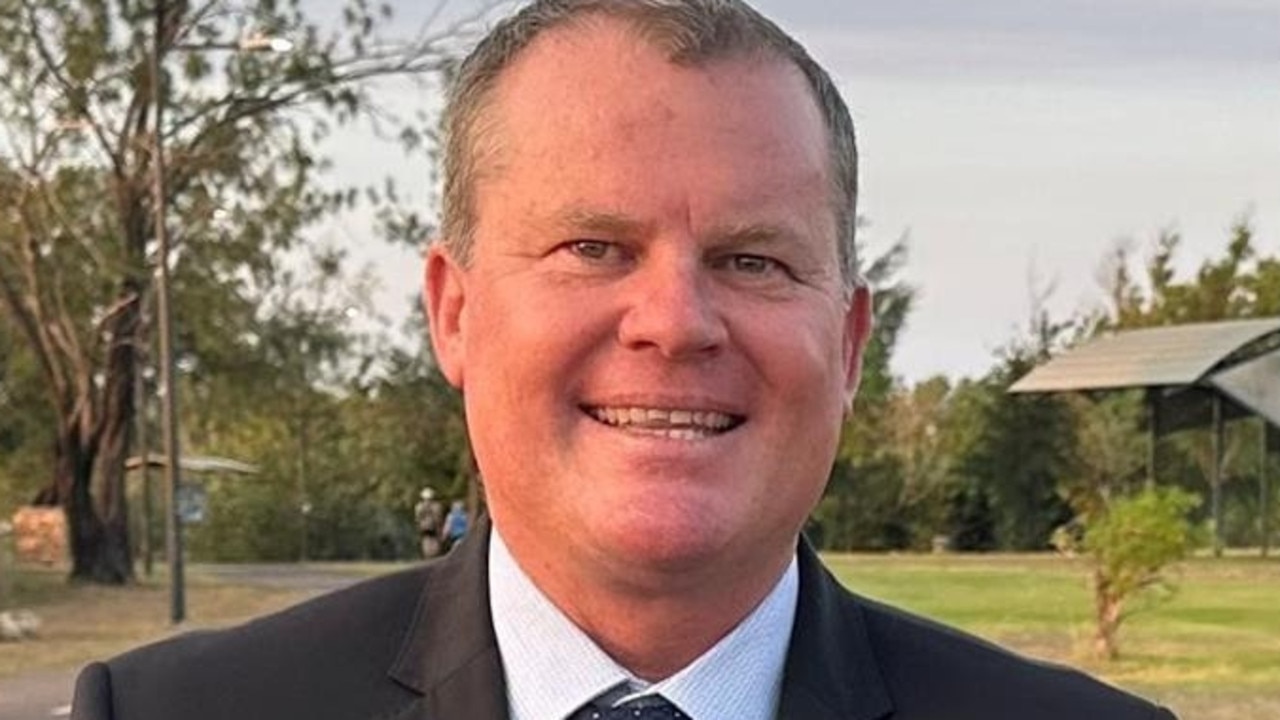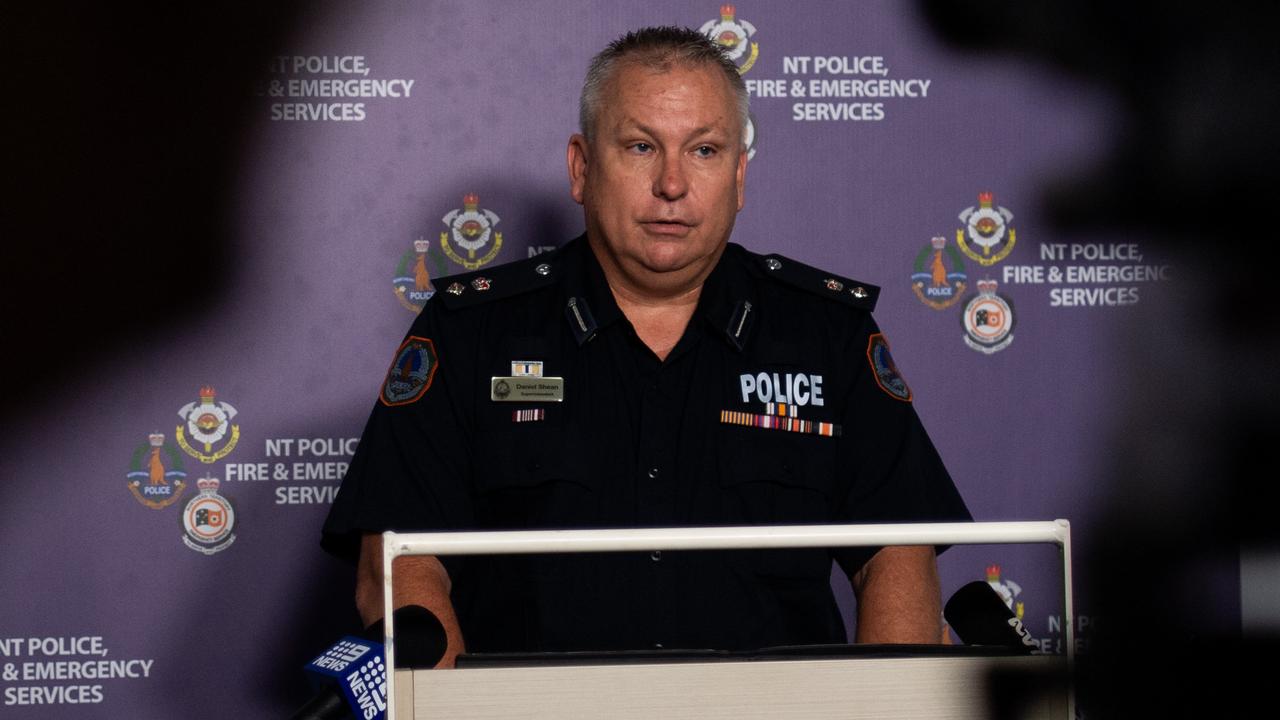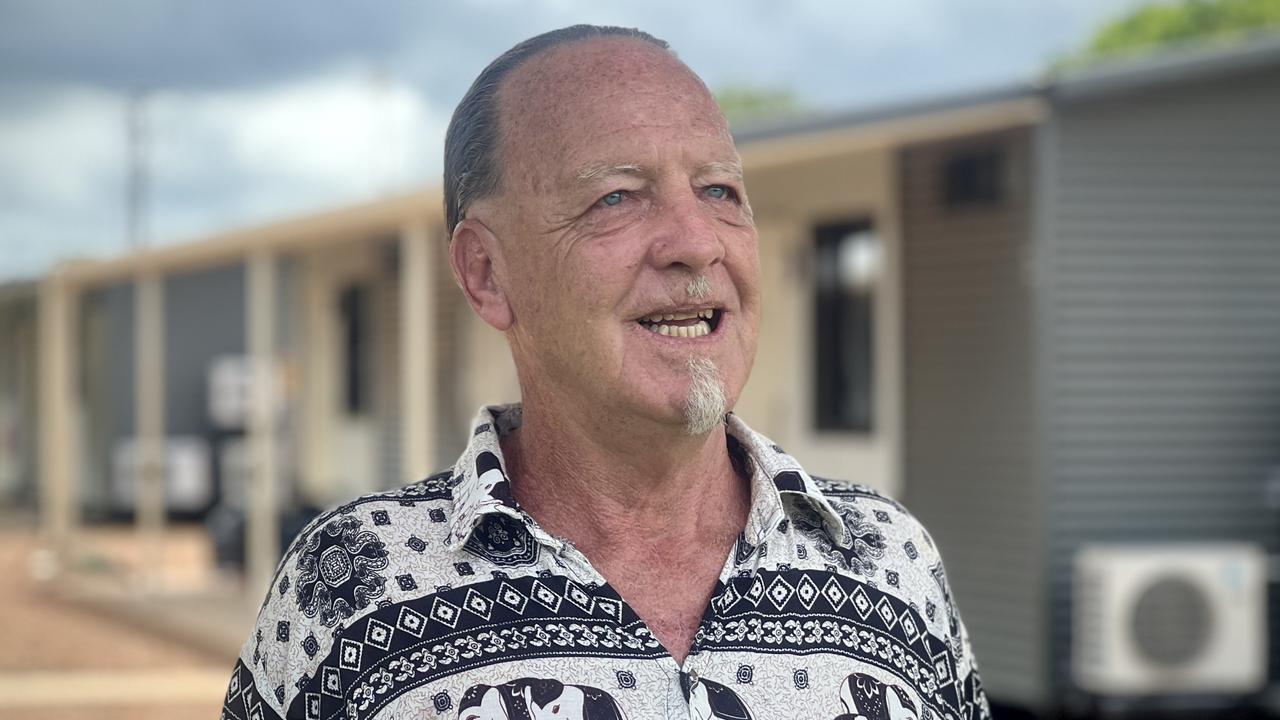Endometriosis Australia Nurses Scholarship looks to bridge care gap in rural areas
Women living with a condition which is often misdiagnosed – or even ignored by some doctors – will soon have access to specialty nurses, thanks to a new scholarship. Find out more.
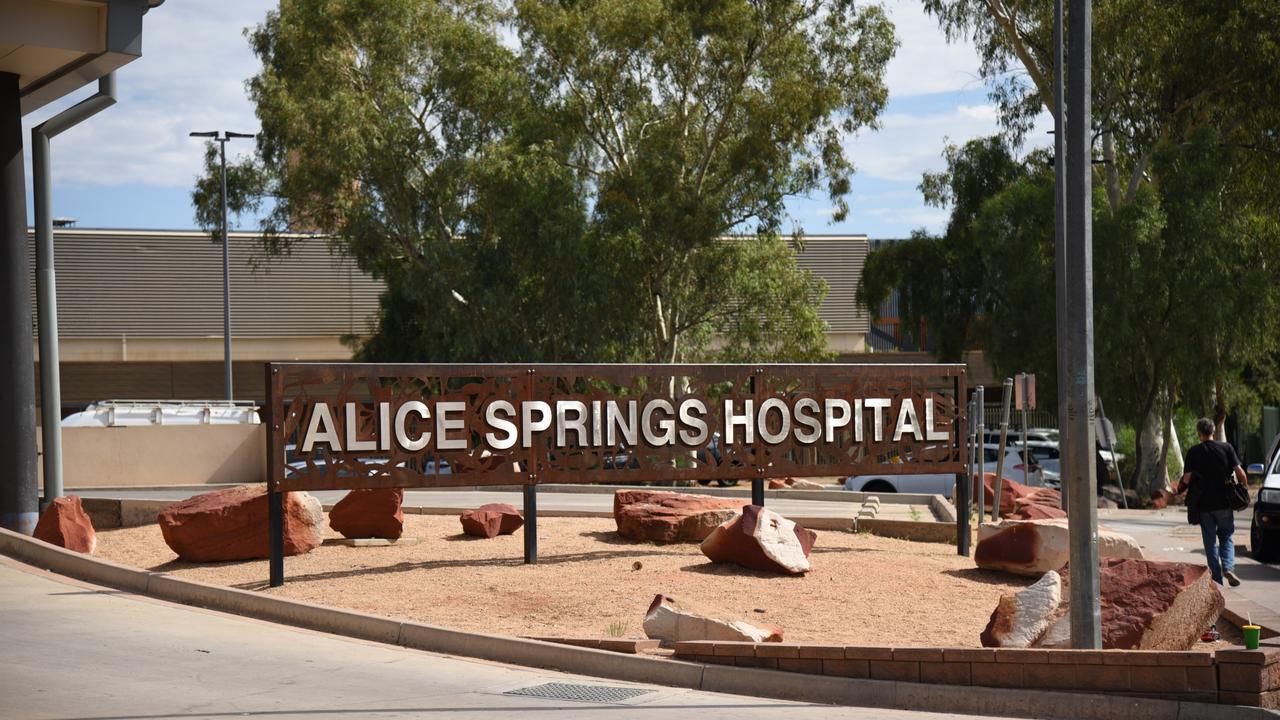
Northern Territory
Don't miss out on the headlines from Northern Territory. Followed categories will be added to My News.
Specialist care is on the way for more than 15,000 women in the Territory who live with a condition which is often misdiagnosed, or even worse, ignored.
A partnership between the Australian College of Nurses and Endometriosis Australia is seeking to train 100 specialty endometriosis nurses, who will be stationed in regional Australia.
For Alice Springs resident Christabel Moschetti, having a dedicated nurse in town could be the difference between getting care locally or travelling more than 2000km to receive it.
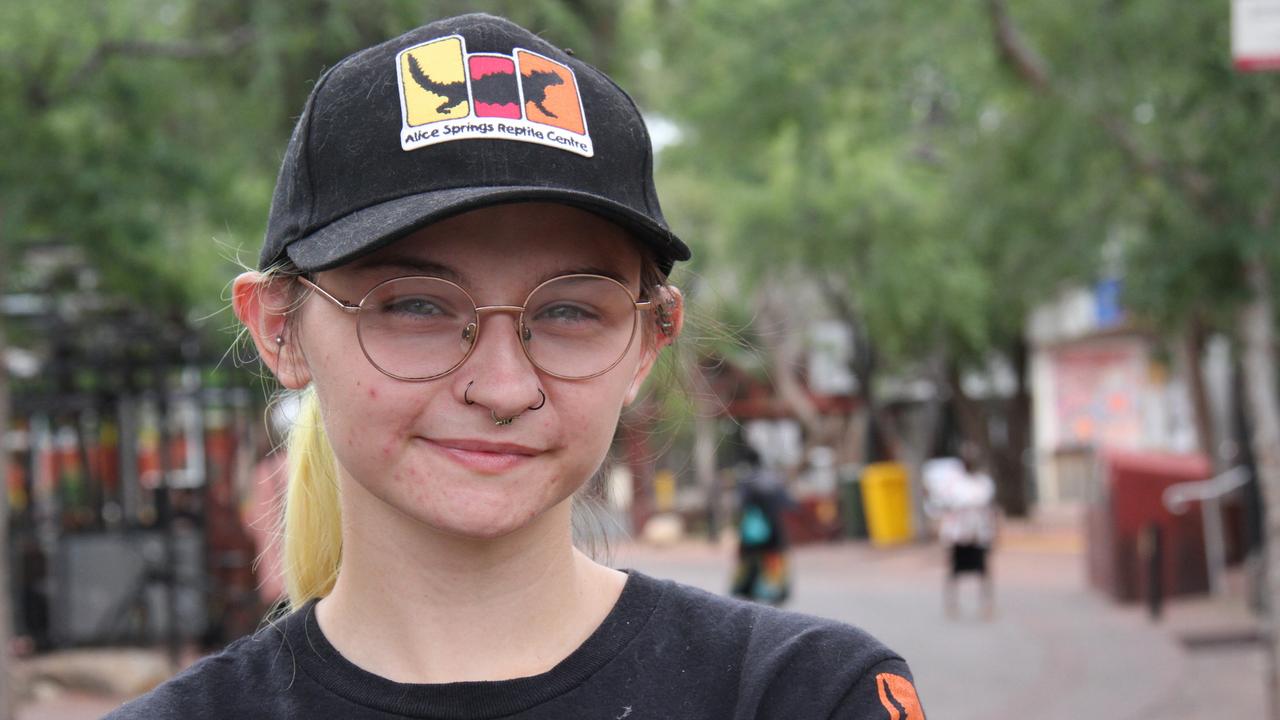
“When I had to have surgery again this year I had to organise to see the specialist in Sydney and I had to fly down to Sydney to have the surgery,” she said.
“The surgery itself costs $5000 and then the flights are like $800 – which is ridiculous – and then again, you’re taking time off work, paying for accommodation.”
Ms Moschetti had a surgery two months before she came to Alice Springs, and is hopeful dedicated endometriosis nurses in town will be able to provide her with specialist care.

“Physically, it’s really hard not having the resources here or people knowledgeable in it who help me, because if I’m doing it online, there’s only so much that they can do – they can’t do any physical examinations to see what’s going on,” she said.
“It sucks because I’m in pain and I have all these symptoms happening and I have no one, no medical professional here who can actually help – or it’s really costly to basically not get an answer, or anything that’s going to help me.”
“So that’s what makes it really hard mentally, especially because I don’t know anyone here who has it. It is quite isolating.”
In the past, Ms Moschetti said doctors had told her to ignore her pain and that she’d get used to it.
“I got my first period at the age of 14, and the pain was so severe it would cause me to collapse. By the time I was 16, I had seen five different doctors about my pain. Still, it took until I was 18 and travelled to the Royal Women’s Hospital to see a private specialised endometriosis gynaecologist that I finally received a diagnosis of endometriosis,” she said.
Endometriosis Australia chair Monica Forlano said the lack of specialised care in rural areas meant people with endometriosis “live with intense, avoidable pain”.
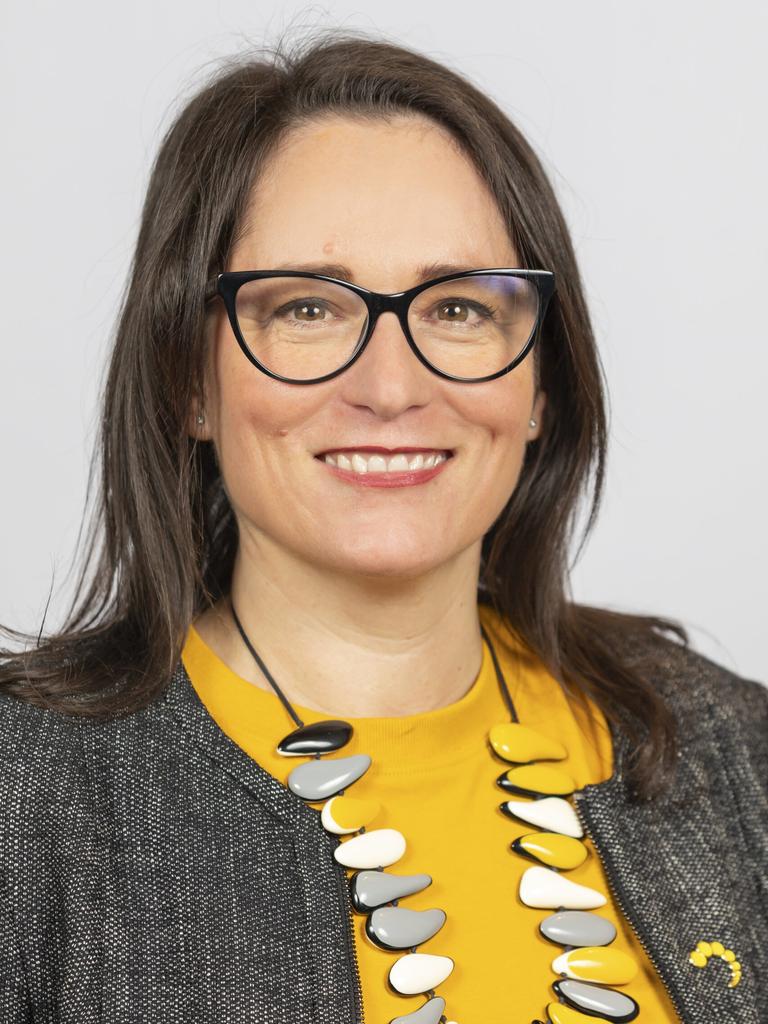
“Many women in rural areas are enduring debilitating endometriosis pain for years before receiving a diagnosis or access to care. In many of these communities, there may be only one GP, and doctors are often less likely to have specific training in endometriosis,” she said.
“Access to a dedicated endo nurse can significantly transform a patient’s experience, offering timely support from initial symptoms, helping reduce the average delay of six and a half years to diagnosis through to ongoing treatment and management of this debilitating condition.”
Endometriosis Australia estimates 2000 women in Alice Springs live with endometriosis, with 16,400 women in the NT struggling to access care for the condition.
Originally published as Endometriosis Australia Nurses Scholarship looks to bridge care gap in rural areas


